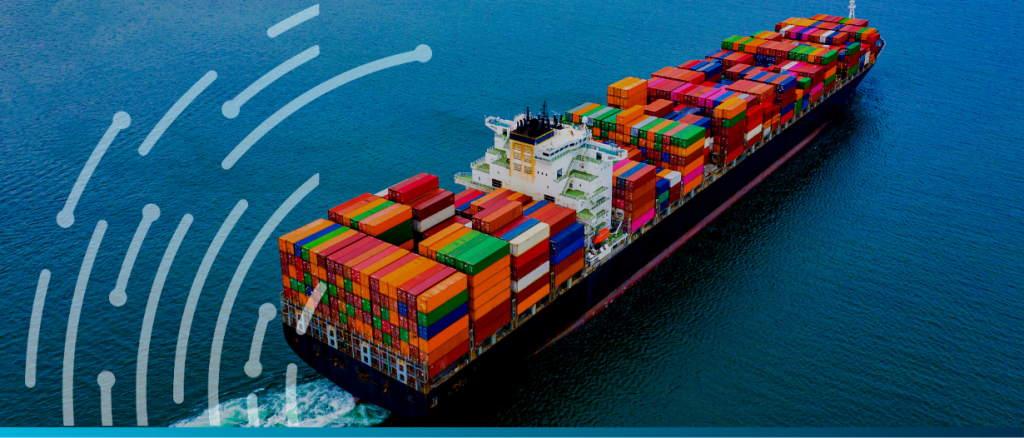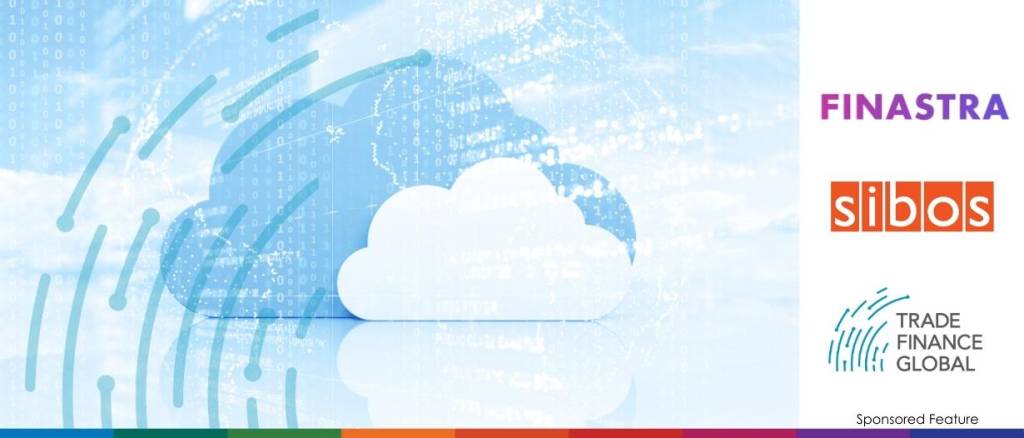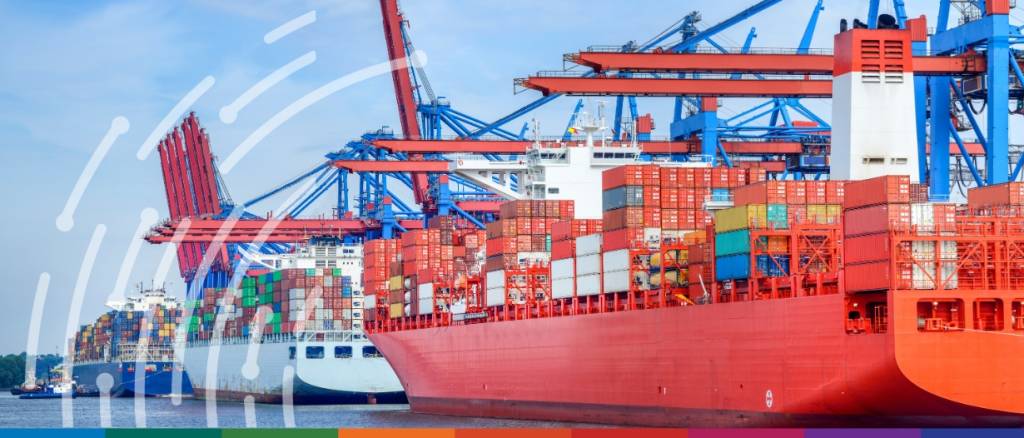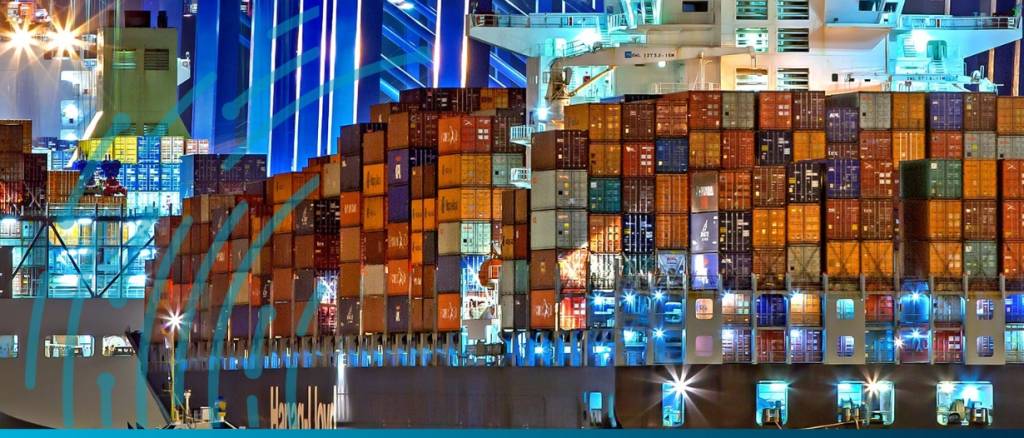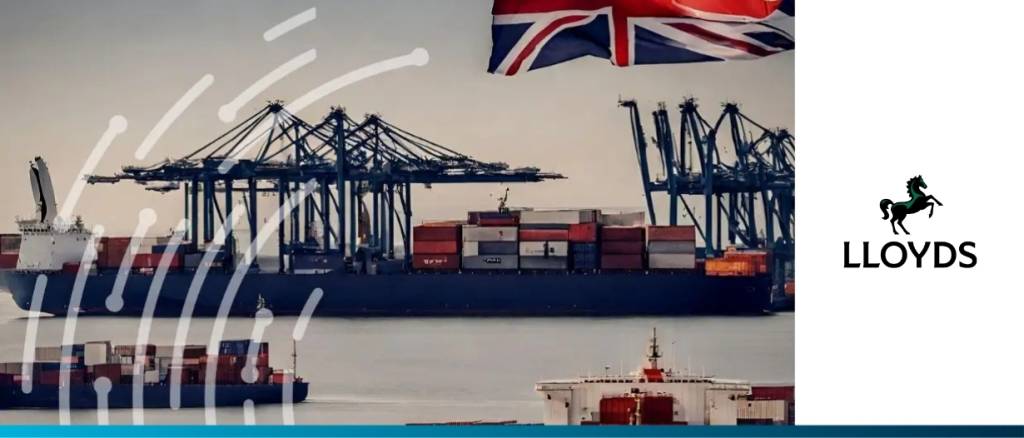The World Trade Organisation has revised its growth forecast for global merchandise trade in 2023, attributing the change to ongoing inflation, elevated interest rates, instability in the Chinese property market,… read more →
Join TFG’s Deepesh Patel and Ravesh Lala, IBM’s Head of Business Development for Hybrid Cloud Solutions, at Sibos in Toronto as they clarify the complexity of generative AI and its diverse applications in the trade industry. Ravesh starts with one of the foremost challenges confronting banks in trade and supply chain finance—digitalisation. He underscores the critical importance of transitioning from conventional paper-based procedures to a fully digital supply chain to enhance operational efficiency.
At Sibos, the topic of trade digitalisation was buzzing with discussion. However, in order for the industry to make significant progress, it’s essential for all stakeholders to align their efforts. Pamela Mar, Managing Director of ICC Digital Standards Initiative (DSI), is at the forefront of addressing this issue.
In a recent conversation at Sibos, Toronto, TFG’s Deepesh Patel sat down with Steven Beck, Head of Trade and Supply Chain Finance at the Asian Development Bank (ADB). Together, they explore the reasons behind the staggering expansion of the trade finance gap, which has now reached a staggering $2.5 trillion.
In a rapidly evolving world, where businesses are constantly seeking ways to streamline their operations and enhance efficiency, the trade finance sector is no exception.
Currently responsible for 3% of global greenhouse gas emissions, maritime transport must decarbonise whilst facing extensive costs and adverse economic operating environments, as well as increasing geopolitical risks.
As the Conservative and Labour Party Conferences are about to commence, new analysis underscores the urgent requirement for enhanced backing to assist UK businesses in manoeuvring through a crucial 15-month… read more →
Lloyds Bank published its “Trade Insights: The changing face of UK trade” report, offering a comprehensive analysis of the evolving landscape of UK trade. The report highlights the transformative changes… read more →
Last month, the euro zone saw an unprecedented reduction in circulating money as banks cut back on lending and savers stashed away their funds. These developments are direct outcomes of… read more →
Both CargoX and Enigio, who operate as independent providers of electronic trade document solutions, have jointly engineered and successfully demonstrated the ability to exchange original electronic trade documents. The document… read more →















